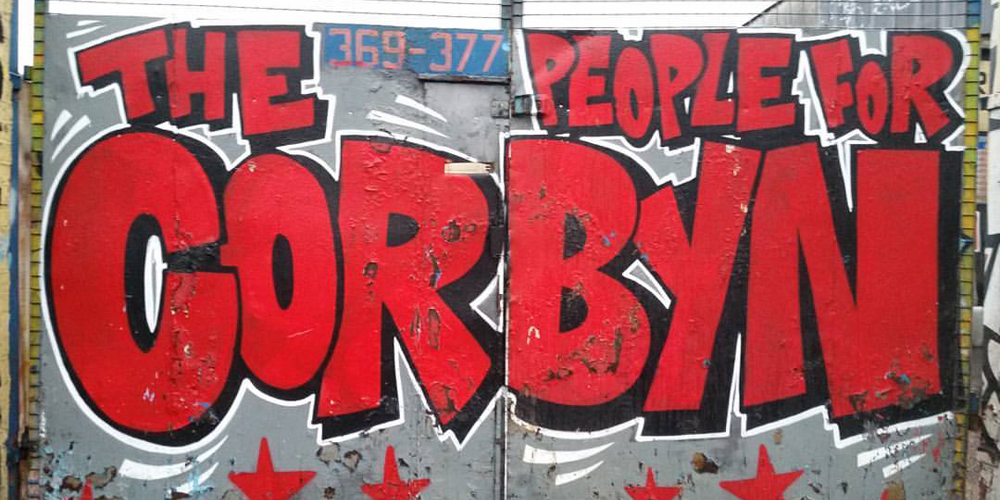From the margins
Many who have not engaged with politics before are now speaking out. We need to listen to them - Shaista Aziz The political landscape in Europe and the USA has sent more than a few journalists, political editors, and commentators into...
Many who have not engaged with politics before are now speaking out. We need to listen to them – Shaista Aziz
The political landscape in Europe and the USA has sent more than a few journalists, political editors, and commentators into a frenzied tailspin over the past year.
Many spent months predicting Brexit would never happen and Trump, Marine Le Pen and Jeremy Corbyn would never score electoral success.
They were less than half right – and that scorecard shines a much-needed critical light on the pale, stale and mostly still male echo chambers so many of our news organisations and journalists operate in – echo chambers that are out of touch with ordinary people, their lived realities, struggles and political journeys.
According to research carried out by City University last year, the British journalism industry is 94 per cent white and 55 per cent male, with almost all ethnic groups significantly under-represented.
As Neil Thurman, associate professor, City University London put it: “This under-representation is even greater when you consider where journalists work – over a third of journalists work in London and there is a higher ethnic minority workforce there than in the rest of the country,” And journalism remains one of the most class-segregated professions in the country. According to data from the Sutton Trust, more than half of leading print journalists went to independent schools, with one in five having attended comprehensive schools, which currently educate 88 per cent of the population.
Not surprisingly, this unrepresentative demographic doesn’t tend to produce the most representative output.
Sometimes it feels as if the only time we see working-class people on TV is when they’re pulling pints on Coronation Street or bed hopping in EastEnders, airing their dirty linen on bear-baiting confessional shows such as Jeremy Kyle, or ‘scrounging the system’ in a fly on the wall documentary.
But there are signs that things are now changing.
The general election and the tragedies that have unfolded in our country during and after the election campaign in the form of the multiple terrorist attacks, the Grenfell Tower catastrophe and the recent disturbances in East London after the death of Edson Frederico Da Costa, have put marginalised Britons, those people whose narratives and realities have been deliberately erased for too long, centre stage.
I can honestly say I have never seen so many marginalised working-class people as visible as I did during the weeks of the election campaign.
This is Britain. Here, in glorious diversity, where the working-class people of our country, the youth, Black and British Asian, British Muslim young people saying: “I’m here” and “I want to contribute to democracy”.
People started to take charge and build their own political narratives and for many people this was the first time they engaged with the democratic process in casting their votes.
Much of the campaign content produced for and by young people bypassed traditional media channels and sources. Grime4Corbyn brought artists such as Stormzy, Jme, SASKILLA, Akala, Lowkey and more to the front of the Labour campaign to engage with first-time and young voters. Marginalised people are not used to being heard or used to having power. This election was historic on many fronts and one of the most powerful of those was how politics became accessible and relevant to so many for the first time in their lives.
Post Grenfell too, there have been new voices speaking out. Residents, many still living out of bags, and not knowing what their life holds from one day to the next, are now leading the campaign to ensure justice is delivered for victims.
When power and the way power operates is demystified – it forces open doors, rooms, and places at the table for people to be seen and heard, for people to be valued. It creates real democracy.
The genie is out of the bottle now. For the first time in decades Jeremy Corbyn’s Labour party represents the full spectrum of people the Labour movement was established to represent. But there is much work that still needs to be done. The role of the left must be to listen to these marginalised voices, and lived experiences and to amplify them to create meaningful and radical change.

